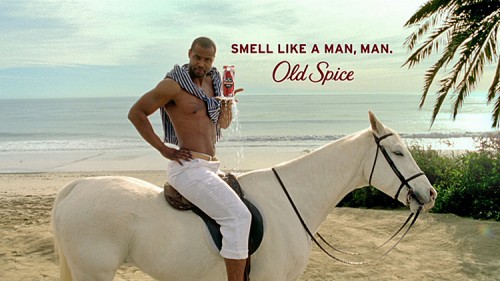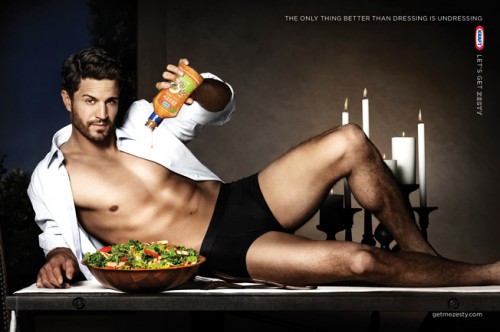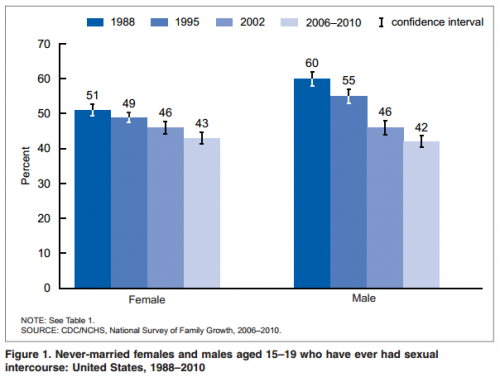 Thanks to a tip from Jay Livingston, I came across this quote from The Pursuit of Loneliness by sociologist Philip Slater. It’s long, but wow:
Thanks to a tip from Jay Livingston, I came across this quote from The Pursuit of Loneliness by sociologist Philip Slater. It’s long, but wow:
[I]t can’t be denied that the female ideal in America is nonaggressive and nonthreatening, to the point of caricature. Take for example the film personality of the much-idolized Marilyn Monroe: docile, accommodating, brainless, defenseless, totally uncentered, incapable of taking up for herself or knowing what she wants or needs. A sexual encounter with such a woman in real life would border on rape – the idea of “consenting adults” wouldn’t even apply. The term “perversion” seems more appropriate for this kind of yearning than for homosexuality or bestiality, since it isn’t directed toward a complete being. The Marilyn Monroe image was the ideal sex object for the sexually crippled and anxious male: a bland erotic pudding that would never upset his delicate stomach.
It’s important to realize that this Playboy ideal is a sign of low, rather than high, sexual energy. It suggests that the sexual flame is so faint and wavering that a whole person would overwhelm and extinguish it. Only a vapid, compliant ninny-fantasy can keep it alive. It’s designed for men who don’t really like sex but need it for tension-release – men whose libido is wrapped up in achievement or dreams of glory.
Slater wrote this passage in 1970, hence the reference to Marilyn Monroe. I would have to think hard about whether I think it still applies broadly, but I think it’s fair to say that the “bland erotic pudding” is still part of the repertoire of essentially every female celebrity who is successful in part because of her appearance. I did a search for some of the most high-profile female actresses and singers today, looking specifically for images that might fit Slater’s description. I invite your thoughts.
Lisa Wade, PhD is an Associate Professor at Tulane University. She is the author of American Hookup, a book about college sexual culture; a textbook about gender; and a forthcoming introductory text: Terrible Magnificent Sociology. You can follow her on Twitter and Instagram.

















